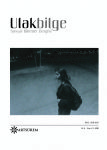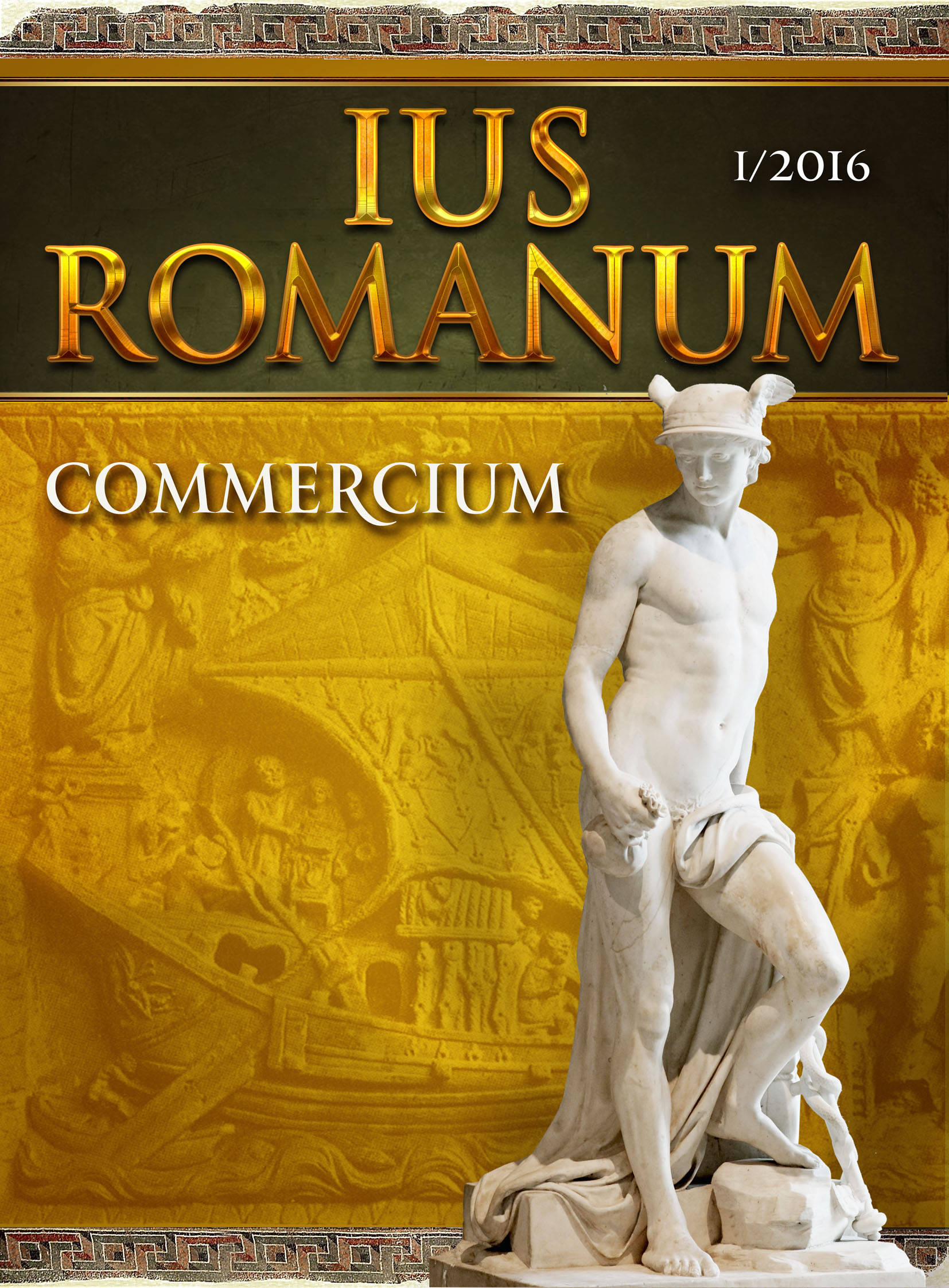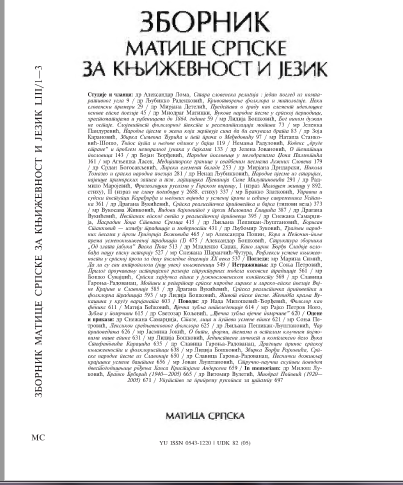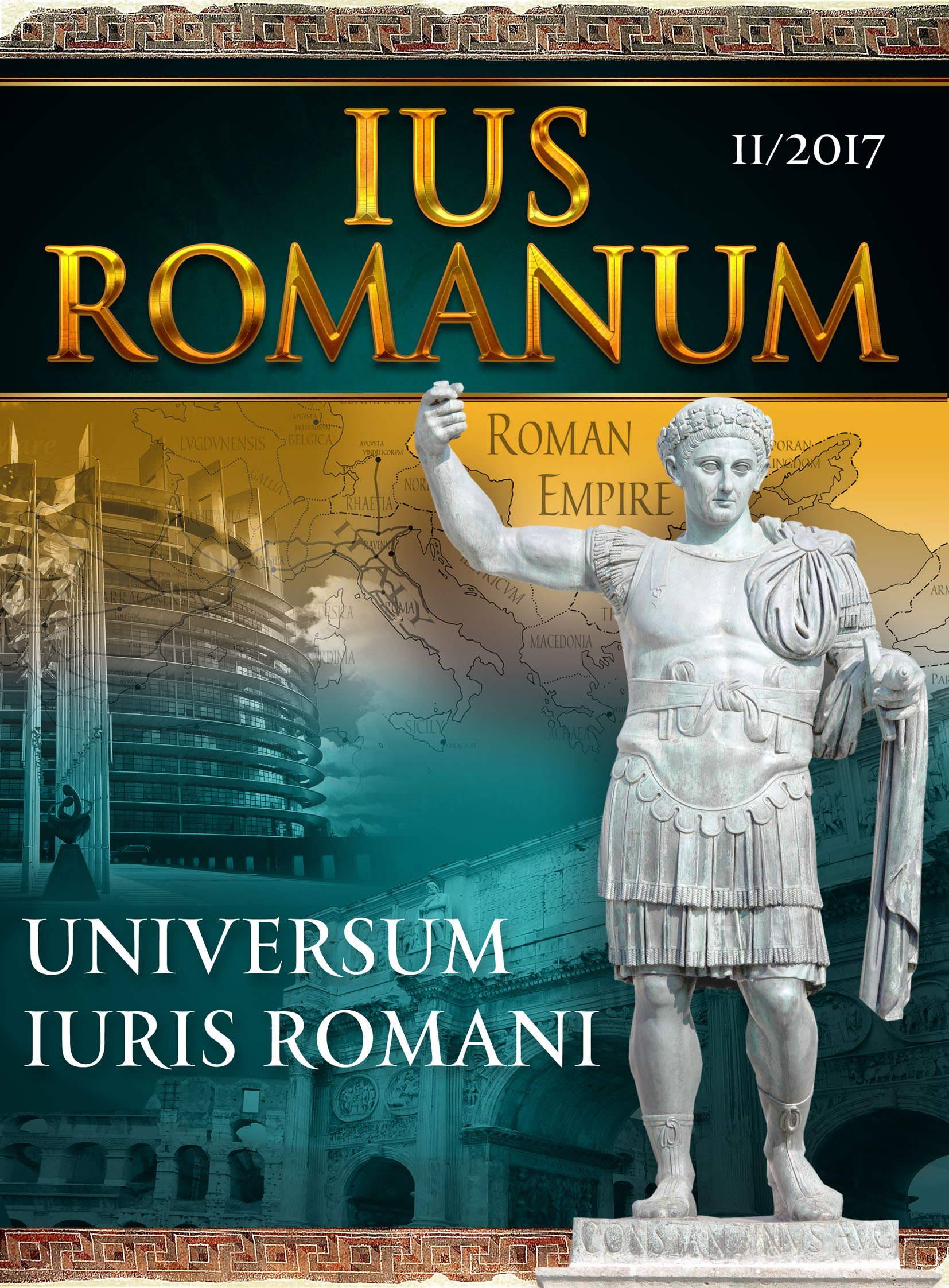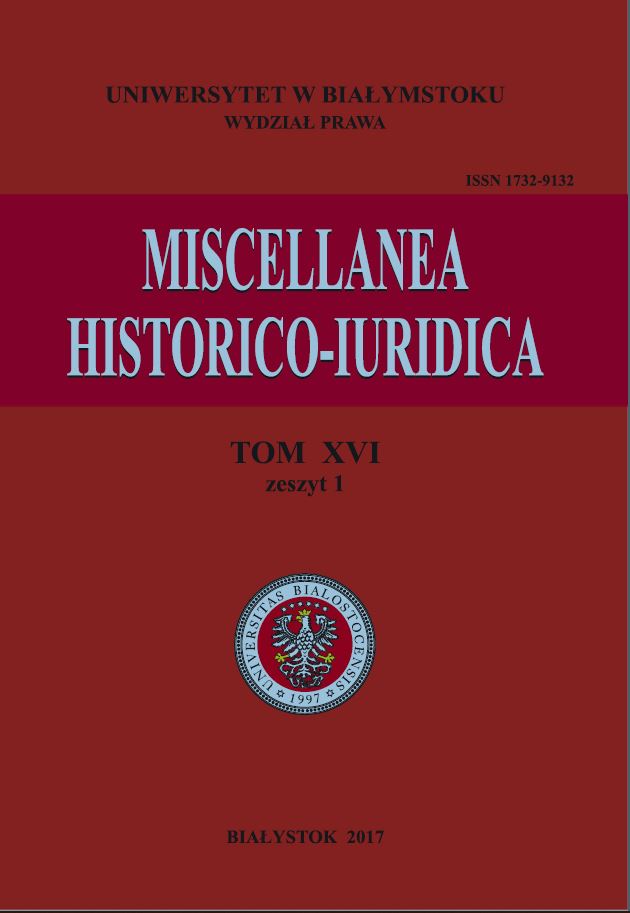Author(s): Konstantin Tanev / Language(s): Bulgarian
Issue: 1/2016
The correlation between commercial risk and the risk of perishing of the transaction object is among the main issues, discussed among merchants, economists and jurists in the Antiquity and in our days, as well. It directly depends on the structure of the so called bilateral contracts like empting and vending, lease etc., where one can find the scientific interests of our professor Rumen Cholov. One of the curious texts in the Digests, D.22.2.5, represents the risk, periculum, as a subject matter of a transaction, where one of the parties bears it, while the other will pay its price. It is to see in it a sum of money, due as an additional payment above the initial capital. Thus, the whole is due up on the successful achievement of the goal, which is mentioned in the contract, as its suspensive condition. It means that the creditor could not claim anything if this condition is not fulfilled. The other requirement for execution of the agreement refers its separation from alea, i.e. the gamble (the pure hazard as a condition for transaction fulfilment). The distribution of the risk is typical issue for development of contractual relations and especially for the bilateral one. However, it does not follow necessarily the synallagmatic principle. Likely, in the contract of empting and vending, the vendor is liable for custody of thing, which transfers the risk of its perishing to the emptor only for the instances of acts of God. Similarly, the empting and vending contracts leads us towards the limits among the risk and the acceptable under the Civil law alea. We mean the empting of chance, emptio spei (alea), Cels. D.19.1.12, where the contract is deemed perfect up on the moment of consensus, notwithstanding the uncertainty about the contra-prestation of price, which is already paid. These instances, according to the Roman jurists of the early Classics, are embraced by the model, allowing Civil regulation of purely speculative vending, "quasi alea emitur" (Cels.D.19.1.12).The aleatorial principle, which is limited in Roman law and classic Civil law theory only to a narrow case, regulating only one of the specific objects of sale, finds in the actual Bulgarian theory a striking generalised implementation. Here I mean the study of Stavru, Nedev and Dimitrov on the aleatorial principle. There one can find three theories for its implementation: in the contract of donation (because of maintenance, which the beneficiary has to provide for the benefactor), in the construction contract (with respect to the possible additional payments, notwithstanding that a fixed price is agreed), in the contract of support and maintenance (referring the uncertainty about the period for providing the service). We could bring some objections for all the three of the examples, which is summarised for brevity in misunderstanding of the concept of alea as a synonym of pure speculation, which is still acceptable for the Civil law, on the one hand and as a function of reciprocity, on the other. In this context we must recall its genetic dependence on the gamble, bearing on mind that even there the obligation's structure follows the understanding, elegantly expressed by Zimmermann, that one can buy alea, but cannot pay with alea. Thus, the actual Bulgarian generalised understanding of alea, in fact, contravenes to the legal requirement for the certainty of the price.
More...


